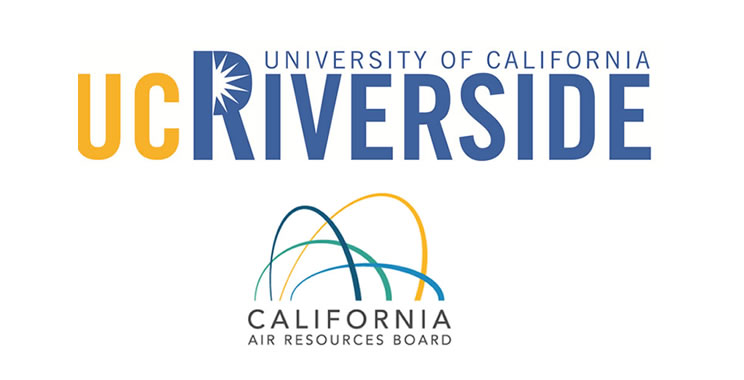Facility represents a $419 million investment and will bring more than 400 jobs
Riverside, CA – City, county, state and federal officials gathered Friday near the UC Riverside campus to break ground for a new $419 million headquarters and testing laboratory for the California Air Resources Board (CARB), a project that is expected to bring as many as 460 high-paying jobs to the area.
The board voted last year to relocate its motor vehicle and engine emissions testing and research facility from El Monte to a 19-acre site at UCR on Iowa Avenue near Martin Luther King Boulevard.
Dozens of state, local and federal officials joined an audience of hundreds for the groundbreaking. In addition to Mayor Bailey, other speakers included CARB Chair Mary D. Nichols, UC Riverside Chancellor Kim A. Wilcox, Congressman Mark De Saulnier, Congressman Mark Takano, Congressman Ken Calvert, Sen. Richard D. Roth, Assemblymember Jose Medina, and John Tavaglione, Chairman of the Riverside County Board of Supervisors.
The groundbreaking ceremony drew hundreds of officials and stakeholders from across the region and state. UCR Chancellor Kim A. Wilcox told the attendees that this was a “precious moment in the life of our university.”
“These kinds of things don’t happen very often and you have to treasure them,” Wilcox said, referring to the significance of a major state agency relocating a research facility to Riverside.
“We’re building the air quality research center for the world,” Wilcox added.
“This is a momentous day in Riverside as we break ground on a project that will not just create quality jobs, but also attract additional attention from companies that want to be near the CARB facility,” Mayor Rusty Bailey said. “More than 60 years ago, UCR opened its doors and changed the face of Riverside, and this project continues the momentum of knowledge-based innovation in Riverside.”
The Air Resources Board played an instrumental role in uncovering the emissions defeat device installed by German car manufacturer Volkswagen on some of its vehicles, resulting in a worldwide scandal.
Nichols called it a “momentous day” for CARB, noting the agency was celebrating its 50th anniversary. She lauded the regional partners that made this move possible, including UCR, the city of Riverside, Riverside County and the Greater Riverside Chambers of Commerce. She added that the site’s proximity to a prominent research institution such as UC Riverside was an important factor in the agency’s decision-making process.
“We know we’re in the right place,” Nichols said.
CARB chose Riverside in March 2016 after deciding that land owned by the University of California on Iowa Avenue near Martin Luther King Boulevard would provide the best opportunity for growth in the coming decades, and for collaboration with world-class air quality research already underway at UC Riverside.
“The choice to come here speaks volumes about the growing importance of our region,” Tavaglione said. “Through collaboration, we are able to welcome an important new partner that will benefit from nearby university research as it continues its mission to improve California air quality.”
“Today’s groundbreaking is the culmination of years of hard work, dedication and focus by our community, and represents a major victory for our region and state,” Roth said. “This success demonstrates that by working together, we can accomplish great things. Future generations will benefit from the critical work done by the California Air Resources Board and the UC Riverside Center for Environmental Research and Technology to keep our air clean and safe for all Californians.”
The 380,000-square-foot square facility has been billed as state-of-the-art and will be certified LEED Platinum, considered the highest level of energy efficiency for building standards. The building will also be the nation’s single largest net-zero energy structure, according to CARB, which means it will produce as much energy as it uses.
Solar panels affixed to roofs, walls and over the parking area will supply at least 3.5 megawatts of electricity, and adjacent parking will include at least 120 charging stations for electric vehicles.
“Riverside has made a major commitment to sustainability during the past 20 years, and the CARB facility is very much in keeping with that commitment,” said Mayor Pro Tem Jim Perry.

